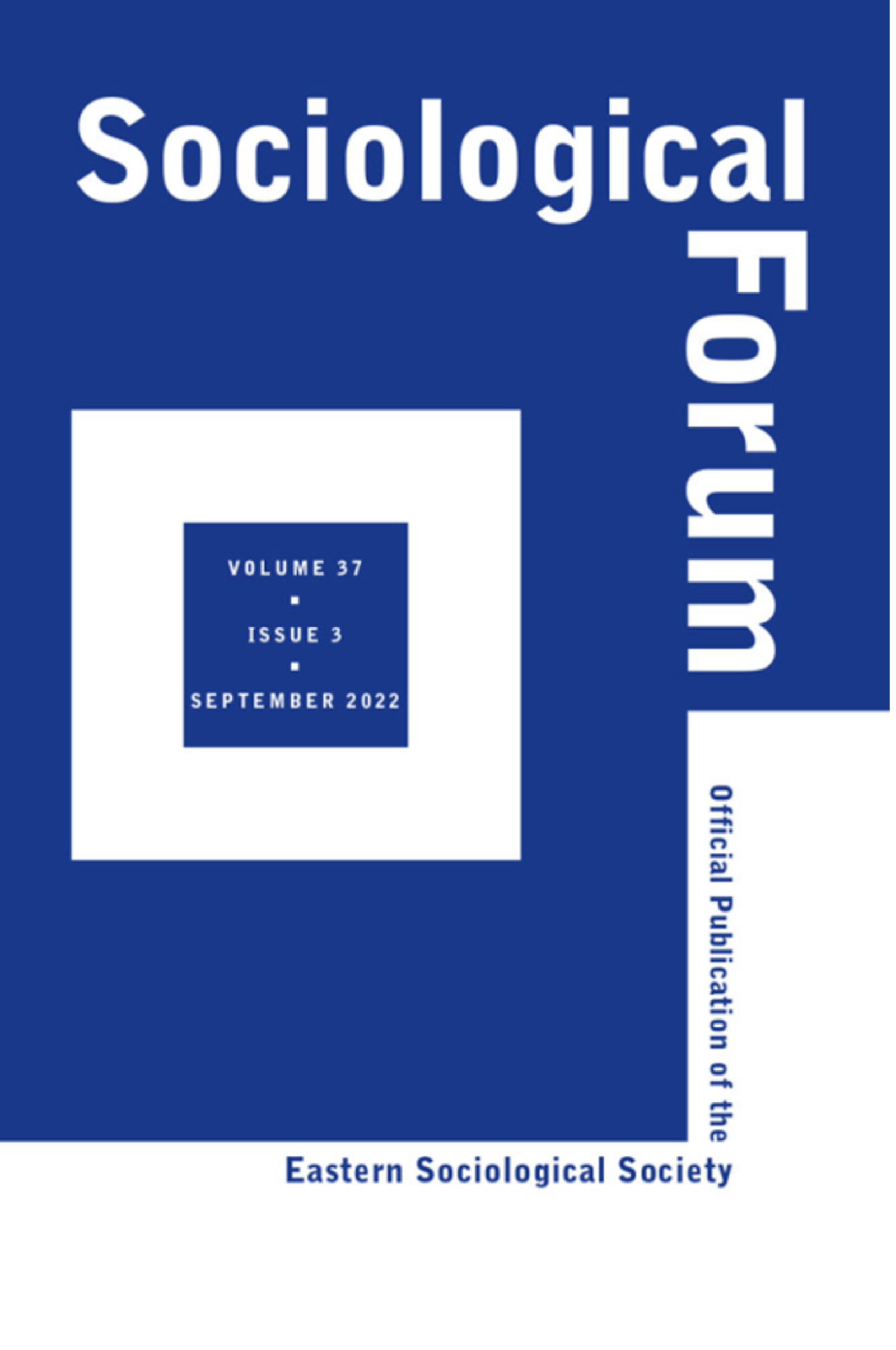Sociology scholars Larry Au, Zheng Fu, and Chuncheng Liu analyze expert narratives, or how health experts organize and interpret information from previous disease outbreaks, such as SARS in Mainland China and Hong Kong and the Swine Flu and HIV/AIDS in the US, to provide suggestions to the public and government officials on public health policy regarding COVID-19 in their academic article, “‘It’s (Not) Like the Flu’: Expert Narratives and the COVID-19 Pandemic in Mainland China, Hong Kong, and the United States.” By conducting a qualitative analysis on expert narratives from Mainland China, Hong Kong, and the US, each with unique sets of socio-political contexts and epidemiological history, the authors were able to deduce three types of expert narrative that emerged from each particular context. Hong Kong is an exceptional case as it shares a major epidemiological event (the 2003 SARS epidemic) with China, but like the US, it enjoys a relatively high degree of autonomy.
The prevailing expert narrative in China was the managed narrative, where government authorities initially suppressed the reporting of information about COVID-19, to preserve the government’s prestige and to prevent social panic. For example, Li Wenliang, a doctor in a Wuhan hospital, brought his concerns about COVID-19 and its similarity to SARS to the attention of his colleagues, but under pressure from local authorities to censor information about the then new virus, Li’s warnings were instead suppressed and dismissed as “rumors.” It was not until Wang Xinghuan, a higher-ranking doctor with firsthand experience managing the SARS epidemic, relayed his concerns to representatives from the Central Government directly that the authorities took action to contain the spread of the new virus, and expert narratives that compared and contrasted COVID-19 to SARS were allowed to emerge.
Despite also experiencing the SARS epidemic, Hong Kong’s experts crafted a radically different narrative about COVID-19, holding a distrustful attitude towards policymakers and the Central Government that was aided by a higher freedom of expression. Noted epidemiologist Gabriel Leung openly criticized the lack of urgency of COVID-19 containment measures in the media, “If we are closing down the checkpoints, we should have done that in early January […] The best public health measures should be rolled out in one go, rather than being announced in stages, especially when the stages were just days apart” (Leung, qtd. in Au, Fu, and Liu 733). Experts expressed fears that the Central Government was covering up information about COVID-19 as they had in the SARS epidemic, which resonated well with the public partially thanks to the anti-Beijing sentiments at the time.
Without a comparable disease outbreak to COVID-19, US health experts raised contested narratives which varied depending on their political leanings. The conservative-leaning narrative drew upon examples like SARS and Ebola to argue that epidemics often originated from foreign countries and to emphasize the US’s past success in disease control. The liberal-leaning narrative compared COVID-19 to the seasonal flu to show that COVID-19 was much less threatening, and warned against aggressive disease control policies that could stigmatize minority groups. Experts also debated over the legitimacy of predictions of the impact of COVID-19.
Pandemics pose great threats to a country or region’s population and international reputation, and as such a government’s handling of a pandemic determines its legitimacy and popularity with its people. Despite the apparent objectivity of epidemiological history, experts, who may hold political opinions of their own, can interpret it in varying ways, assigning responsibility, sowing distrust, and making predictions for future pandemics – the interpretation of past pandemic experiences serves both precautionary and political functions, to inform a region’s infection control policy and to better prepare it to handle the outbreak of disease on one hand, and to validate national or the experts’ own political agendas on the other. The three types of expert narrative reflect China’s authoritarian governance, Hong Kong’s governmental distrust, and the US’s Liberal and Republican political polarization.

Image Captions:
Cover image of Sociological Forum, vol. 37, no. 3, Sept. 2022.Citation: Au, Larry, Zheng Fu, and Chuncheng Liu. “‘It’s (Not) Like the Flu’: Expert Narratives and the COVID‐19 Pandemic in Mainland China, Hong Kong, and the United States.” Sociological Forum, vol. 37, no. 3, 2022, pp. 722–43, https://doi.org/10.1111/socf.12819. NON-FICTION, SCHOLARLY ARTICLE | CHINA, US. ll
Source Type: Scholarship on COVID-19 Studies
Country: China and US
Date: 09-Jun-2022
Keywords: China, Expert Narratives, Hong Kong, Public Health Experts, Public Health Policy, SARS, and United States